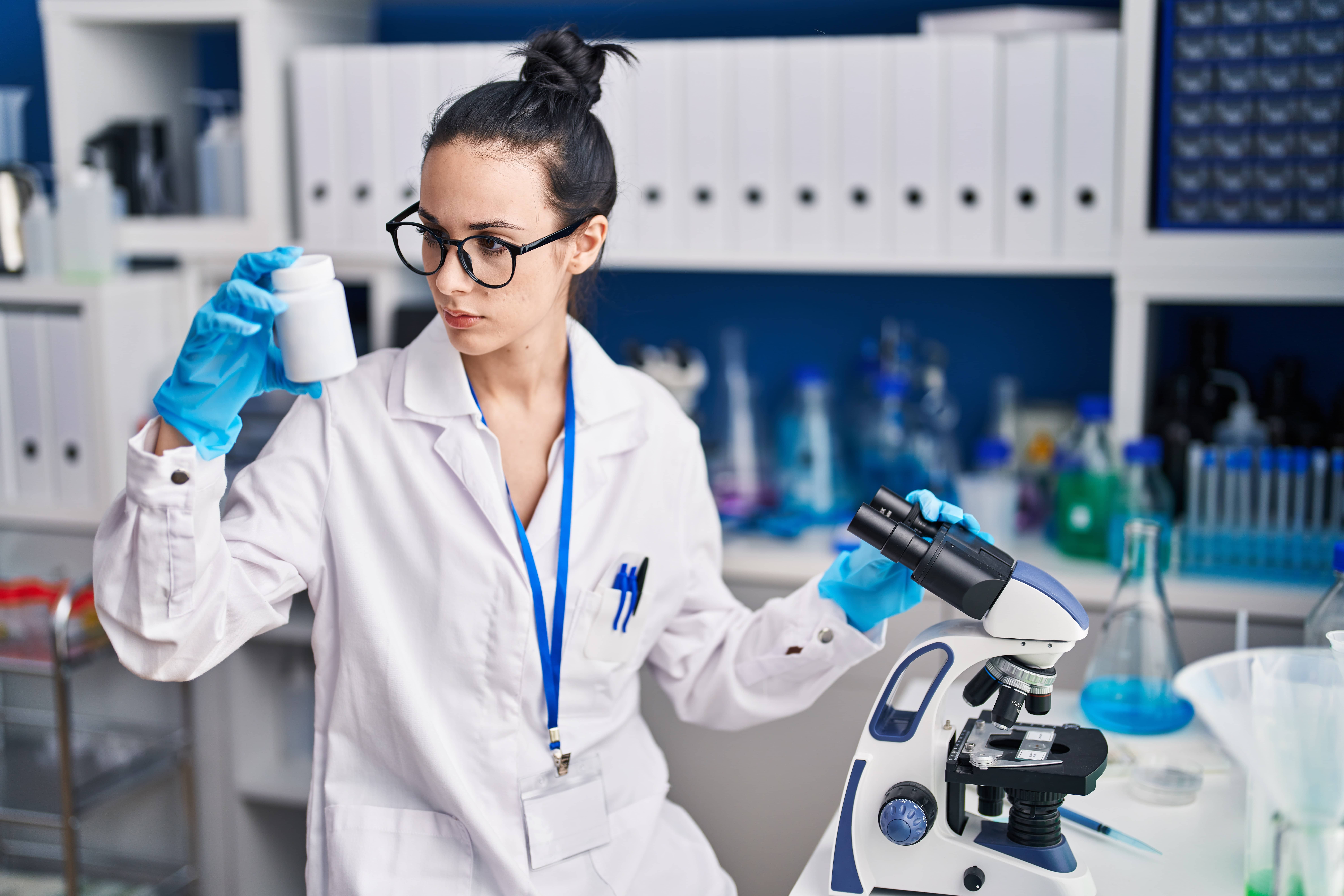
Extractables and Leachables
Extractables and leachables testing is chemical characterization that is performed as required by ISO 10993 to determine what chemical compounds are in a medical device that could raise potential toxicity concerns.
Extractables testing utilizes aggressive solvent extraction methods to identify the organic and inorganic chemical substances that are in medical device components, materials, or process system components and to which patients may be exposed under a worst case scenario.
Leachables are the organic and inorganic substances that migrate from medical device components, materials, or process system components into a drug product under normal product application or storage conditions. Leachables are usually a subset of extractables.
Approaches
SGS PSI offers a comprehensive approach to the analysis of extractables and leachables by utilizing the variety of analytical instruments that are required to identify organic and inorganic chemical substances. The analytical instrumentation and methods are used by our highly experienced scientists within our ISO 17025 accredited, FDA registered, cGMP compliant laboratory to generate data sets that meet the requirements of regulatory agencies. For non-volatile and semi-volatile organic chemical susbstances Liquid Chromatography-Mass Spectrometry (LC-MS) has emerged as the technique of choice for extractables and leachables testing, due to its high sensitivity for detecting trace components of a mixture. Our high-resolution accurate-mass (HRAM) quadrupole time-of-flight (qTof) LC-MS is especially valuable for extractables and leachables testing. The high mass accuracy of this instrument allows compounds to be identified with a high degree of certainty, even for unexpected compounds. Our qTof instrument also produces ion fragmentation patterns, which are used as chemical fingerprints to give additional confidence in the identification of a extractable and leachable chemical compounds. Paired with Cheminformatics software, parent and fragment ions can be matched to each other, assisting in data interpretation. For volatile and semi-volatile organic chemical substances Gas Chromatography-Mass Spectrometry(GC-MS) is used to separate, quantify, and identify volatile and semi-volatile chemical substances that extracted from medical device components, materials, process equipment, or drug products. Extractables and leachables may contain inorganic chemical substances. At SGS PSI we identify and quantify the inorganic chemical substances using Inductively Coupled Plasma – Optical Emission Spectrometry (ICP-OES). A liquid stream containing the dissolved or digested sample is introduced into the ICP-OES instrument. The chemical elements comprising the inorganic chemical substances are identified and quantified, typically in the range of 1 part per million to 10 parts per billion.
Experience
Products we’ve tested:
- Medical devices and pharmaceutical products
- Food packaging
- cosmetics
- bottles & caps
- stoppers
- tubing
- single use system (SUS) components
- orally inhaled and nasal drug products (OINDPs)
- electronic nicotine delivery systems (ENDSs)
Because of the variety of industries served by SGS PSI and the many projects our staff scientists have completed over the years, we have a wide range of extractables and leachables experience. Our experience includes projects involving, for example, pre-filled syringes, vials, surgical supply packaging, metered dose inhaler components, and medical tubing.
Sample Considerations
Extractables and leachables studies are designed in a manner that is appropriate for the medical device components, materials, or process system components following the guidance of ISO 10993-18, USP <1663>, and USP <1664> and other relevant standards. Depending on the sample, a variety of chemical compounds may be detected in the extraction solvent. Materials can contain plasticizers, impact modifiers, process aids, colorants, degradation projects, residual monomers, oligomers, residual catalysts, and stabilizers, for example. It is important that the extractables testing be exhaustive so as to provide a “worst case scenario” of all possible extractable components. The extracted chemical compounds are subjected to the GC-MS, LC-MS, and ICP-OES methods of analysis. Leachables are chemical compounds that are extracted from a product under normal storage or application conditions. The leachables that are detected in a product are usually a subset of the chemical substances that were detected and identified during the extractables phase of the product characterization. It is possible that leachable chemical compounds can react with an active pharmaceutical ingredient (API) or with drug product components to generate secondary leachables. Extractables, leachables, and secondary leachables are reliably detected and identified by using the GC-MS, LC-MS, and ICP-OES methods of analysis.
